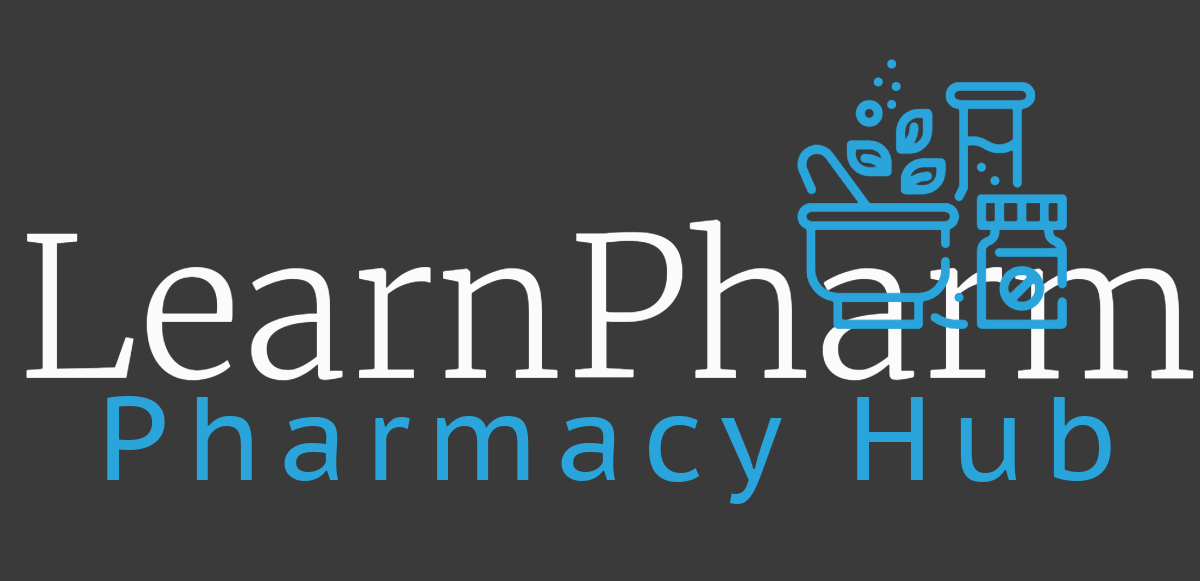Heme-Onc 13: Hormonal Agents in Cancer
Introduction to Hormones in Cancer The use of hormones in cancer therapy is mainly focused on the blockade of hormones. Hormones can be the contributing cause of cancer. This is because hormones are growth factors, and an increase in hormonal exposure leads to an increase in the risk of cancer.Continue Reading
Heme-Onc 12: Immunotherapies in Cancer
In this discussion, we will go over the applications of immunotherapy in cancer, the immunotherapy agents, and the future direction of chemotherapy. Introduction to Immunotherapies in Cancer The primary difference between monoclonal antibodies and immunotherapies is that monoclonal antibodies flag down cancer cells and immunotherapies focus on the immune systemContinue Reading
Heme-Onc 11: Monoclonal Antibodies in Cancer
In this article, we will give an introduction to monoclonal antibody applications in cancer, the six mechanisms of treatment, monoclonal antibiotic nomenclature, pharmacologic options, and the subcutaneous Monoclonal antibodies in cancer As with any monoclonal antibodies, the agents used in cancer are also specific. Some are cancer-specific, but this isContinue Reading
Heme-Onc 10: Tyrosine Kinase Inhibitors
In this discussion, we will go over small molecules and tyrosine kinase inhibitors that are used in cancer treatments Introduction to Small Molecules When we’re talking about small molecules, we really mean small. These molecules are small than even monoclonal antibodies. Because of this, they tend to infer effects fromContinue Reading
Heme-Onc 9: Cell-Cycle Non-Specific Agents
In this article, we will discuss chemotherapy agents that exhibit effects on the cell-cycle process as well as other cellular effects to inhibit cancer cell proliferation. Traditional Chemotherapy Agents Cell-cycle non-specific agents belong to a larger group of chemotherapy agents known as traditional chemotherapy. They are referred to as traditionalContinue Reading
Heme-Onc 8: Cell-Cycle Specific Chemotherapy
In this article, we will discuss chemotherapy agents that target a specific phase in the cell-cycle process to inhibit cancer cell proliferation. Traditional Chemotherapy Cell-cycle-specific agents belong to a larger group of chemotherapy agents known as traditional chemotherapy. They are referred to as traditional because they do not target specificContinue Reading
Heme-Onc 7: Intro to Cancer
In this discussion, we will go over the epidemiology, risk factors, pathophysiology, cancer nomenclature, staging, grading, treatment approach, and treatment goals of cancer. Introduction to Cancer Cancer is characterized by uncontrolled growth without any inhibition of abnormal cells. Cancerous cells also cannot perform the normal functions of regular cells. OverContinue Reading
Heme-Onc 4: Normocytic Anemia
In this article, we will discuss two types of normocytic anemia: Anemia in Chronic Kidney Disease and Hemorrhagic Anemia. Introduction to Normocytic Anemia To determine whether it is microcytic, normocytic, or macrocytic anemia, we look at the mean corpuscular volume (MCV). If the MCV is less than 80, then itContinue Reading
Heme-Onc 3: Macrocytic Anemia
In this article, we will discuss three types of macrocytic anemia: B-12 Deficiency Anemia, Pernicious Anemia, and Folate Deficiency Anemia. Introduction to Macrocytic Anemia To determine whether it is microcytic, normocytic, or macrocytic anemia, we look at the mean corpuscular volume (MCV). If the MCV is less than 80, thenContinue Reading
Heme-Onc 2: Microcytic Anemia
In this article, we will discuss two types of microcystic anemia: Chronic disease/inflammation anemia and iron deficiency anemia. We will go in-depth into iron deficiency anemia and also discuss pharmacologic therapies used in the treatment of iron deficiency anemia. Introduction to Microcytic Anemia To determine whether it is microcytic, normocytic,Continue Reading
